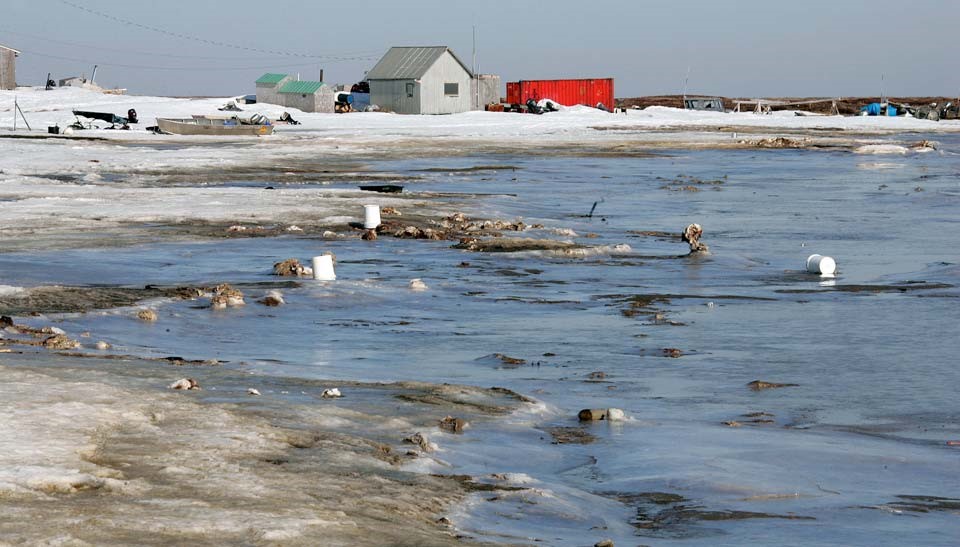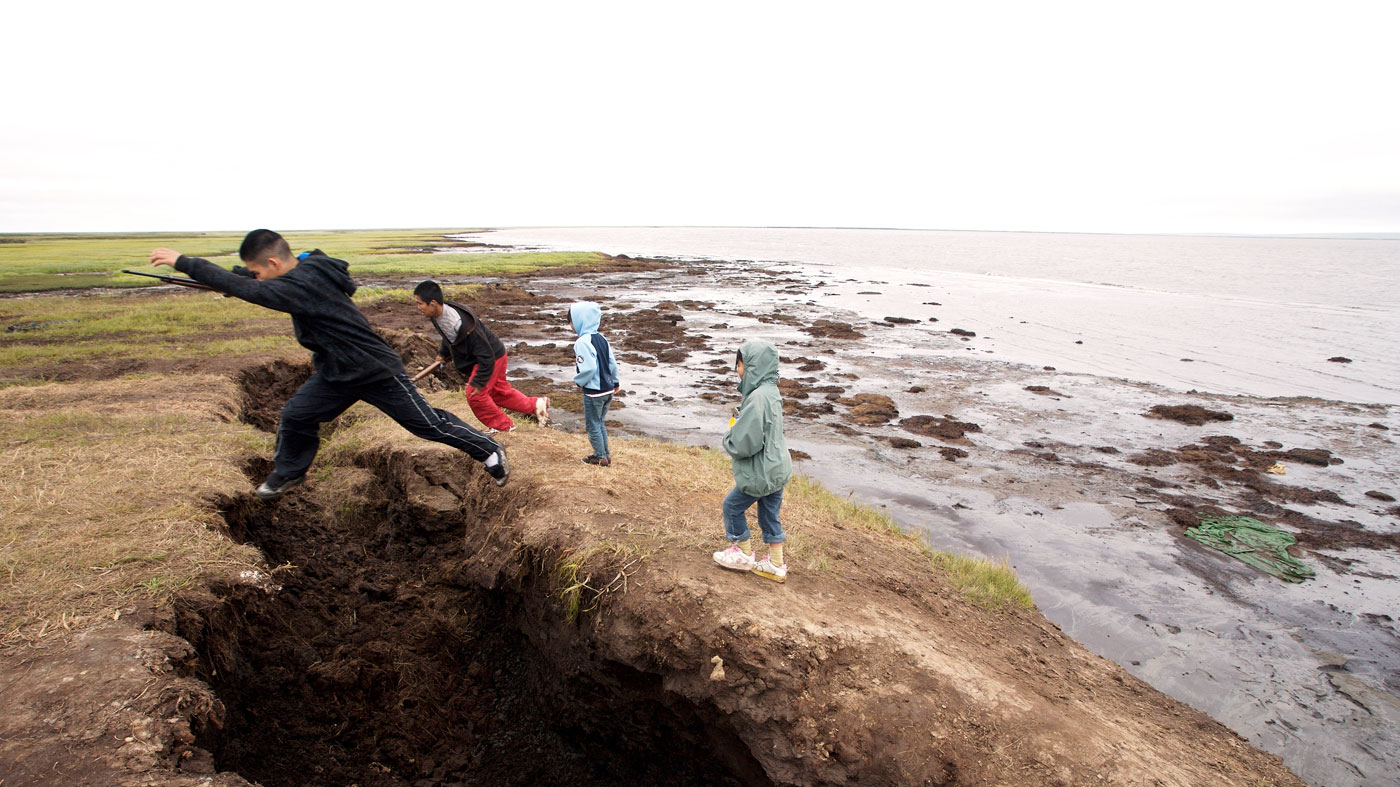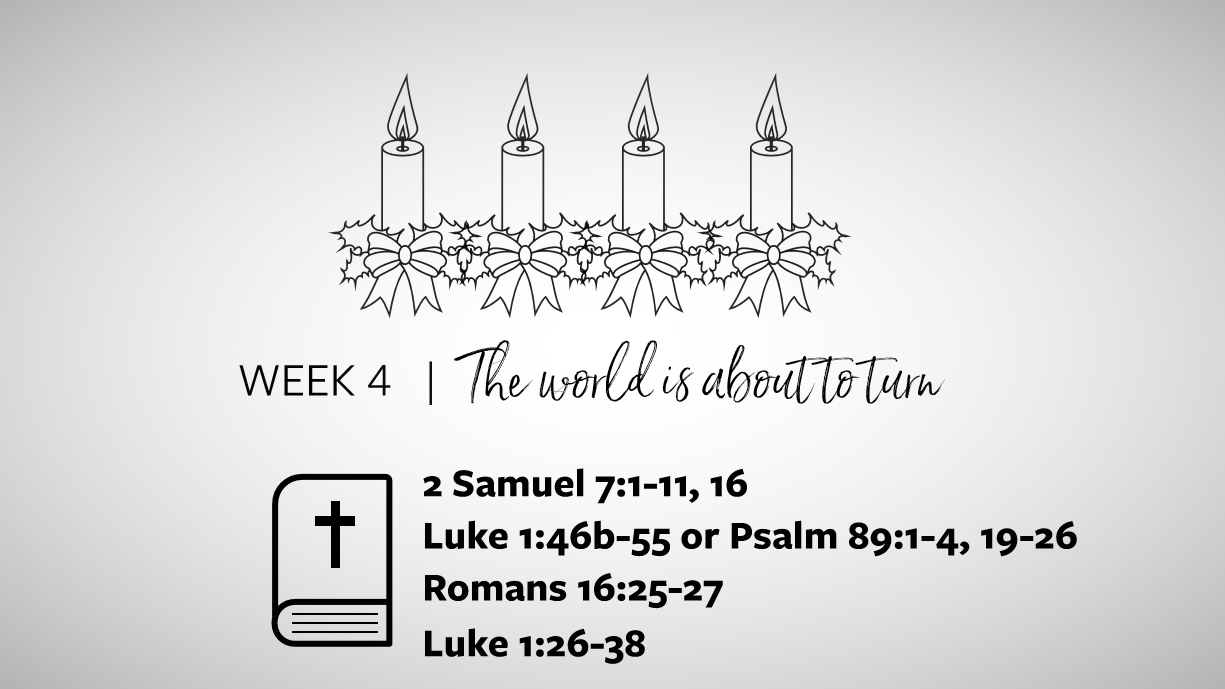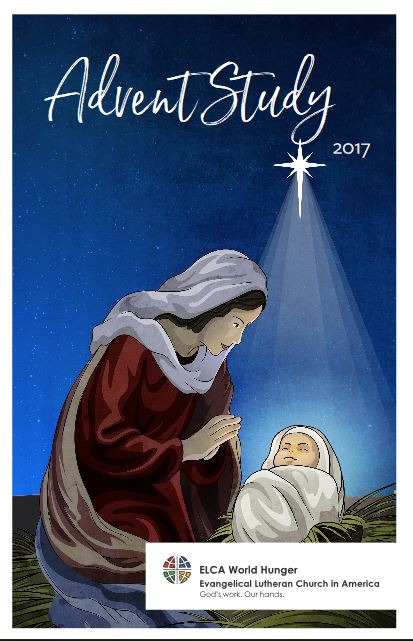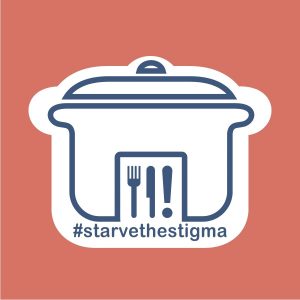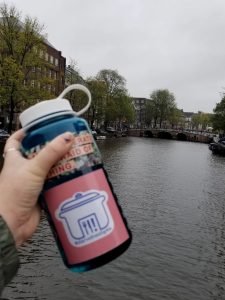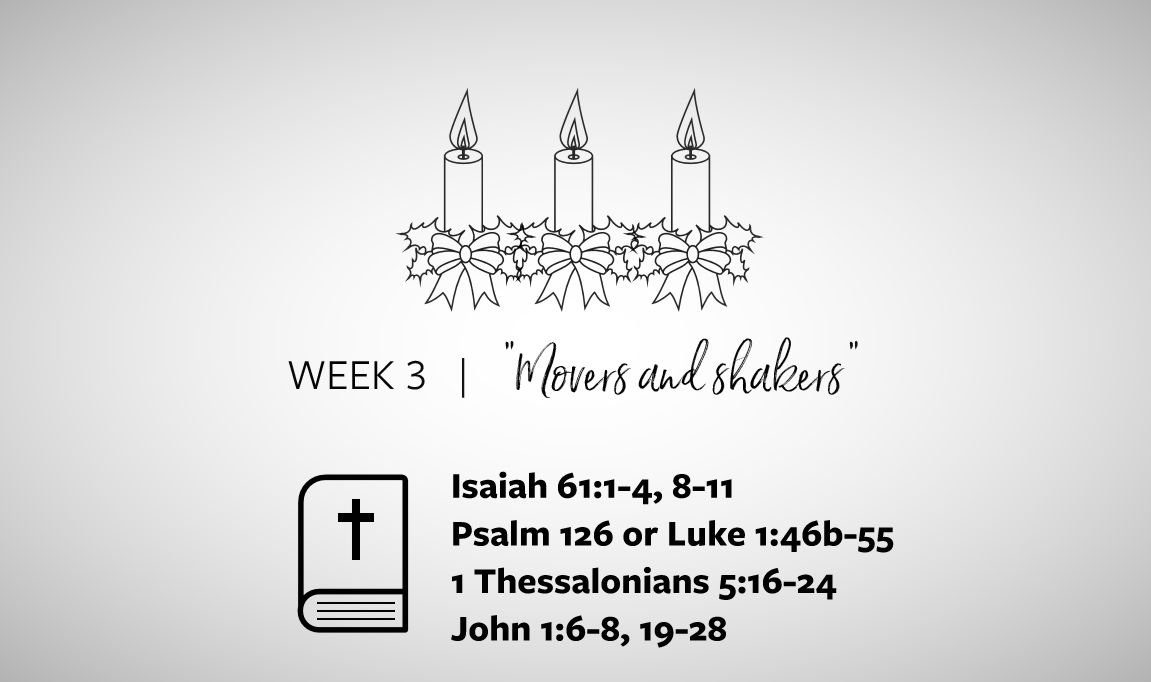Tim Jacobsen, West Des Moines, IA
Warm-up Questions
What does a typical day look like for you? When do you get up? Go to bed? What activities or commitments do you have? Do you feel too busy or do you need more to do?
Being Busy
Life is busy, there is no denying that, but do we as a society choose to make ourselves busier? In the movie, The Sandlot, a group of kids gets together to just play baseball, hangout, eat smores (smore what?), and just be kids. This seems so odd to us today. Why would they waste their time just playing? What about all their AP classes, traveling teams, competitions, practices, church activities, and other commitments. How are they going to be the best at what they do, if they play just for fun?
Our culture puts so much emphasis on being busy. What is one of the first things you say to people when they ask how you are? Typically, it sounds like this, “I’m doing well; I’m just so tired and busy.” We even say we are busy when we are just going to sit with our phones or play video games. We need to reshape our definition of busyness and our priorities.
An episode of the podcast, On Being with Krista Tippet, discussed the “disease of being busy.” This disease of being “busy” (and let’s call it what it is, the dis-ease of being busy, when we are never at ease) is spiritually destructive to our health and well-being. It saps our ability to be fully present with those we love the most in our families, and it keeps us from forming the kind of community that we all so desperately crave.
Discussion Questions
- Why do we need to be busy?
- Why has our culture put such an emphasis on being busy?
- Do you feel too busy?
First Sunday of Christmas
(Text links are to Oremus Bible Browser. Oremus Bible Browser is not affiliated with or supported by the Evangelical Lutheran Church in America. You can find the calendar of readings for Year B at Lectionary Readings
For lectionary humor and insight, check the weekly comic Agnus Day.
Gospel Reflection
Remember back to a time when things seemed simpler? I’m sure we can all recall those moments when life just seemed to flow, and everything was easier and simpler. Our Gospel for today has Mary and Joseph taking Jesus to the temple for sacred rituals and rites. This dedication ritual occurred at the temple and gave a sense of normalcy to the birth of the savior which was prophesied and had just happened.
In the midst of our busyness we have lost sight of rituals and the importance of these moments. Our appreciation of religious ritual often extends little beyond Christmas and Easter worship or the occasional Sunday. It is something to check off the list in our busy life. Yet God is moving and speaking to us all the time. When we take time to slow down and partake in those spiritual moments we can really hear God speak and see God at work.
Mary and Joseph hear God through Simeon and Anna prophesying all the amazing things that God incarnate in Jesus will do among us humans. God can and does speak through the seemingly normal routines of life. Love has come to us and dwells among all. God is speaking amid the busyness of life. What would life look like if we really took time to slow down and listen?
Discussion Questions
- Have you ever heard God speak to you? What does it sound and feel like?
- What seemingly normal things in our lives do we do where we could share God’s love with others?
- As the new year starts, how can you adjust your life to take time to slow down and listen to God?
- Does making your faith growth and time with God make a difference? Why is or isn’t it a priority for you?
Activity Suggestions
Sometimes to start a new habit or routine we need to make a plan. Have students work in small groups or as a whole group to make a plan to take time to intentionally grow in faith and serve others throughout the year. Accountability can be a huge help in making faith growth happen. You might use a Bible app to find a reading plan.
Closing Prayer
Lord, I often feel overwhelmed by too many demands. Help me rest in your love and never be too busy to seek your will for my life. Amen








